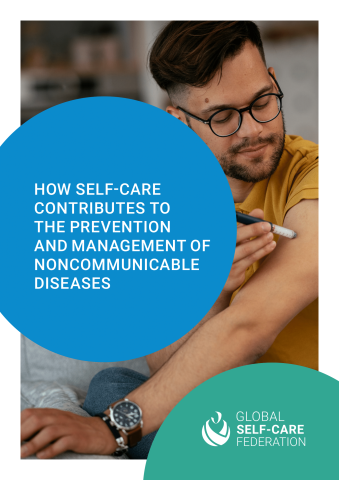Accounting for 74% of all deaths globally and with those suffering from conditions such as hypertension, diabetes, or other chronic conditions numbering in the billions around the world, NCDs have gained worldwide prominence in public health discussions over the past few decades. This paper looks to provide evidence that self-care is a key practice in supporting healthcare systems to better prevent and manage NCDs. It does this by changing the paradigm to a more person-centered approach, that views people as active decision-makers in their own health, not merely passive recipients of health services. Finally, this paper will provide recommendations for policymakers, so they are able to integrate self-care into the global response to NCDs and their overburden on healthcare systems.
Download
